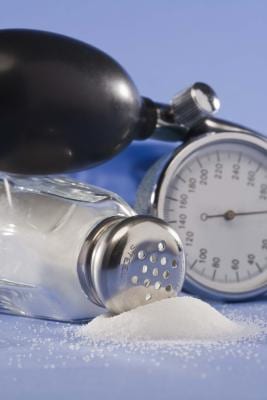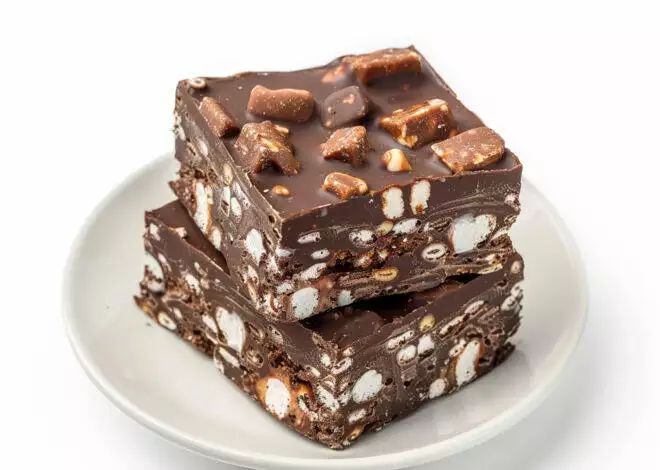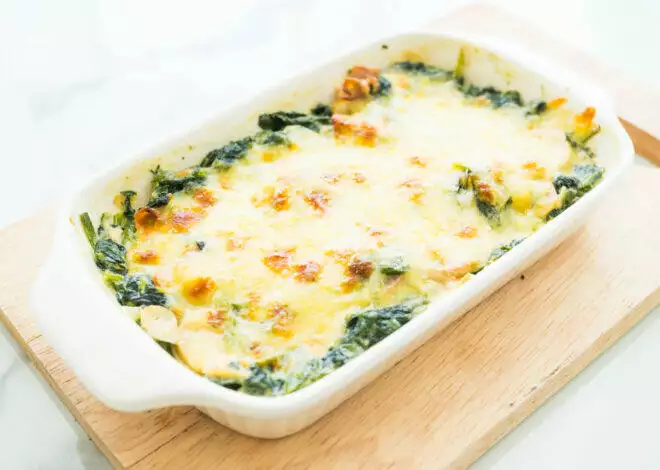An arsenal of heart-healthy recipes that you can successfully prepare at home is the first line of defense against heart disease. Cooking at home instead of eating fast food or processed meals is a powerful first step toward improving your health. Tweaking your meals to give your heart the most benefit is often as easy as a few substitutions in your favorite recipes. As you prepare your recipe bank, keep in mind the tenets of a heart-healthy meal.
Benefits
Healthy meals, when eaten on a regular basis can not only prevent heart disease, but they can reverse it. Diet is a powerful form of medicine. For example, a heart healthy diet lowers your bad cholesterol and increases your good cholesterol. A diet of heart-healthy recipes also decreases blood pressure and helps you get to and maintain a healthy weight. Lowering cholesterol and blood pressure helps reduce your risk of stroke or heart attack.
Ingredients to Avoid
There are a few items you want to remove from your recipes and exclude from your diet as much as possible. The first is salt. Salt raises blood pressure and leads to fluid retention. Try flavorful seasonings and spice combinations instead. Next, leave out the saturated fat. You can greatly reduce your saturated fat intake by choosing lean meat and fat-free dairy products. Fat is also a common ingredient in baked goods and deserts. Replace vegetable oil and butter with substitutes such as apple sauce, flax seeds and fat-free butter flavoring.
Ingredients to Include
Include plenty of fruits and vegetables in your heart-healthy recipes. make these the start ingredients and use as many different types in as many different colors as possible. Pair them with minimally processed grains, like brown rice or millet. Eat lean cuts of meat and fish and try a few vegetarian meals each week, recommends the American Heart Association. Use unsaturated fats in place of saturated fats to get your omega-3s and their cholesterol-lowering benefits.
Cooking Methods
The way you cook your recipes is just as important as what’s in them. Choose boiling, steaming, grilling or baking over frying or sauteing in fat. When you must use fat, choose cooking spray or heart-healthy fats, such as olive oil. Try sauteing onions and other meal starters in water for a similar effect to fat sauteing.
Planning Ahead
If cooking isn’t something you’re good at or have a lot of time for, a little pre-planning can help keep you cooking healthy foods at home instead of calling for take-out. Clean and chop all your vegetables before you put them away. Pre-cook rice, beans and whole grain and store them in the refrigerator or freezer. Measure out recipe ingredients and add them to zip-top bags or sealed containers. When the time comes to prepare meals, you’ll just have to re-heat or assemble your dishes instead of cooking from scratch.
Maximizing Heart Health
In order to maximize your diets impact on heart health, it should be combines with exercise. Exercising helps speed up weight loss, lower blood pressure, lower bad cholesterol, increase good cholesterol, reduce stress and improve sleep. Those are just some of its many benefits. Try to get in 30 minutes per day, like a brisk walk or bike ride.





